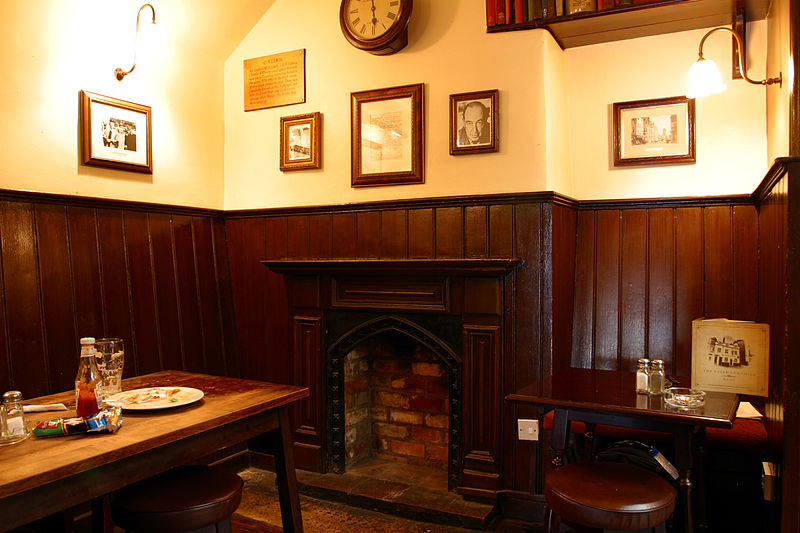
Landscape with classical ruins and Christ with his disciples on the road to Emmaus. Bartholomeus Breenbergh (1598-1657)
As I prepare to go on the road, a few thoughts about roads.
In the novel I’m working on, (it’s called Hailstone Mountain. You’ll be hearing more about it) there’s a scene where I have Father Ailill, the narrator, talk about roads as a metaphor. He quotes a wise old monk he once knew:
“And Brother Eamon answered, ‘If you are walking a road, and another man is walking far behind you, one of two things may be true. He may be walking away from you, in which case you’ll never see him again, or he may be walking in the same direction as you, only far behind. Indeed it may be that he is walking faster than you are, and will in time catch you up. He may become your companion, or it may be he’ll outpace you. That’s why we must be careful of judging. We can’t always see in which direction another man is walking. Not only that, but sometimes even we in all our wisdom may find ourselves headed the wrong way for a time.’…”
I think I’ve told this story here before. Back in college, some friends and I were trying to promote a series of evangelistic meetings. I was sitting in a study room in the dorm one evening, working on a poster with one of my best friends. This was a guy as close as a brother, with whom I had prayed, laughed, and wept.
Another student walked into the room and asked us what we were doing. We explained, and he raised some objections. He didn’t believe in evangelical Christianity. We argued a bit, in a polite manner, and he went his way.
A few years later, I encountered the guy who walked in again. Now he was a fervent evangelical Christian, deeply involved in gospel work.
And not long after that, my poster-making friend shifted to liberal Christianity, and as far as I know he has never since uttered a single word not approved by the New York Times.
The point of all this is that you never know.
I wanted to say that the road metaphor in the snippet above only applies to Christians. But that’s not really true. The mystery of the faith road is that you can’t see it. You just meet people, and you don’t know how they’re moving in relation to you. The person you meet who seems to be opposing you may in fact be going in your direction, and just isn’t aware of it yet.
Like this:
Like Loading...






